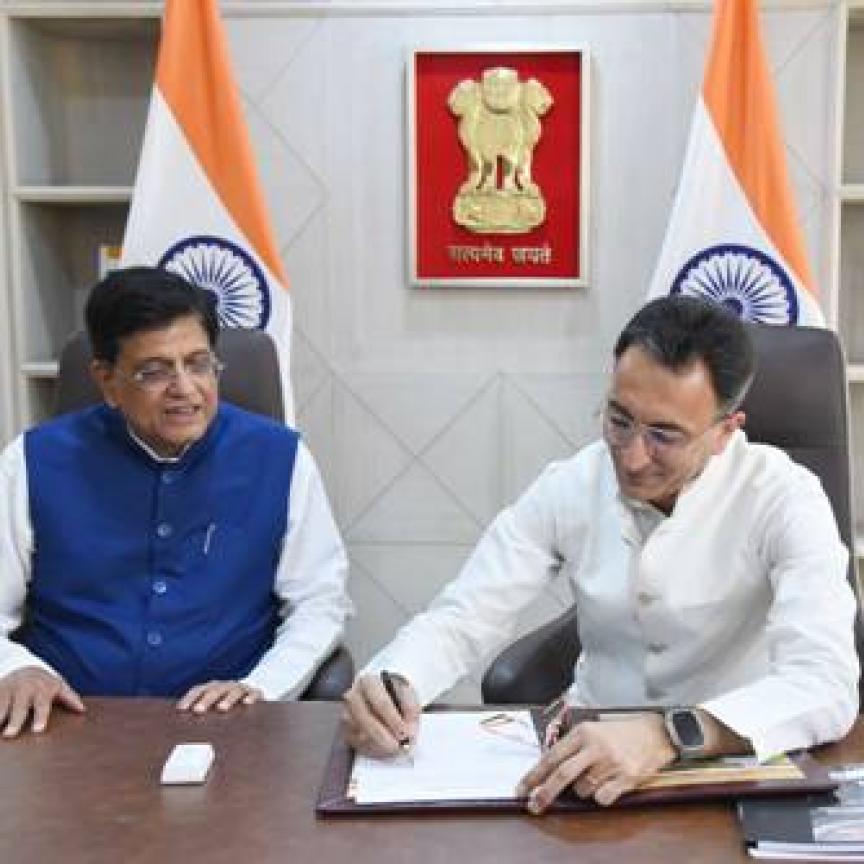An EU-funded project set to launch in 2024 aims to develop a global quantum internet network from space.
The project, ‘Leap in Advancing of critical Quantum key distribution-space components’, or LaiQa, will develop technology that overcomes the limitations of ground-based networks, such as signal losses in fibre over distance.
Because of their unprecedented computational power, quantum computers will offer new possibilities for innovation. In the coming decades, they are expected to solve some of the biggest global challenges through medicine discovery, material design, predictive analysis, and more.
To unlock its full potential, it is crucial to connect quantum computers and devices all over the world via a quantum internet using photons as the carriers of quantum information.
However, until now, because fibre-based quantum communication is limited to a few hundreds of kilometres due to losses over distance, a global quantum internet has been difficult to achieve. The use of satellites offers a promising solution to overcome these limitations over national and continental scales, and eventually enable a worldwide quantum communications network.
Critical components: Photon sources, adaptive optics, and software
To enable quantum internet from space, the LaiQa project will first work on making components suitable for use in space through testing their integration in the lab and outside, in a long distance free-space-to-fibre setup.
The consortium will also develop the enabling underpinning technologies, such as three different photon sources, a quantum memory fit for long distance communication, an advanced fibre-coupling/adaptive optics system to interface satellites and ground stations, and software components to optimise the system architecture.
In addition, a demonstration of quantum key distribution (QKD), considered a first application of the quantum internet and is an ultra-secure way to share encryption keys between distant users, will take place. The demo will first happen in lab conditions, in a terrestrial free-space optical testbed, and eventually in an in-field demonstration using the Greek Helmos optical ground station. LaiQa will also propose specifications standards on space components for QKD, in order to ease and foster the uptake of further activities in the field.
Kees Buijsrogge, Director of consortium member TNO Space, commented: 'By combining TNO’s expertise in the field of quantum, classical networks and free space optics with the expertise of our European partners, we’re confident we can develop the space technology to make it happen.'
Quantum industry-research collaborators across Europe
Scheduled to start at the beginning of 2024 with a three-year duration, the consortium includes research organisation TNO (The Netherlands), the Institute of Communication and Computer Systems (Athens), Quantum Space Systems (Germany), Quantum Technology Laboratories (Austria), the National Observatory of Athens, Eindhoven University of Technology, the National and Kapodistrian University of Athens, and Thales Alenia Space Italia.


